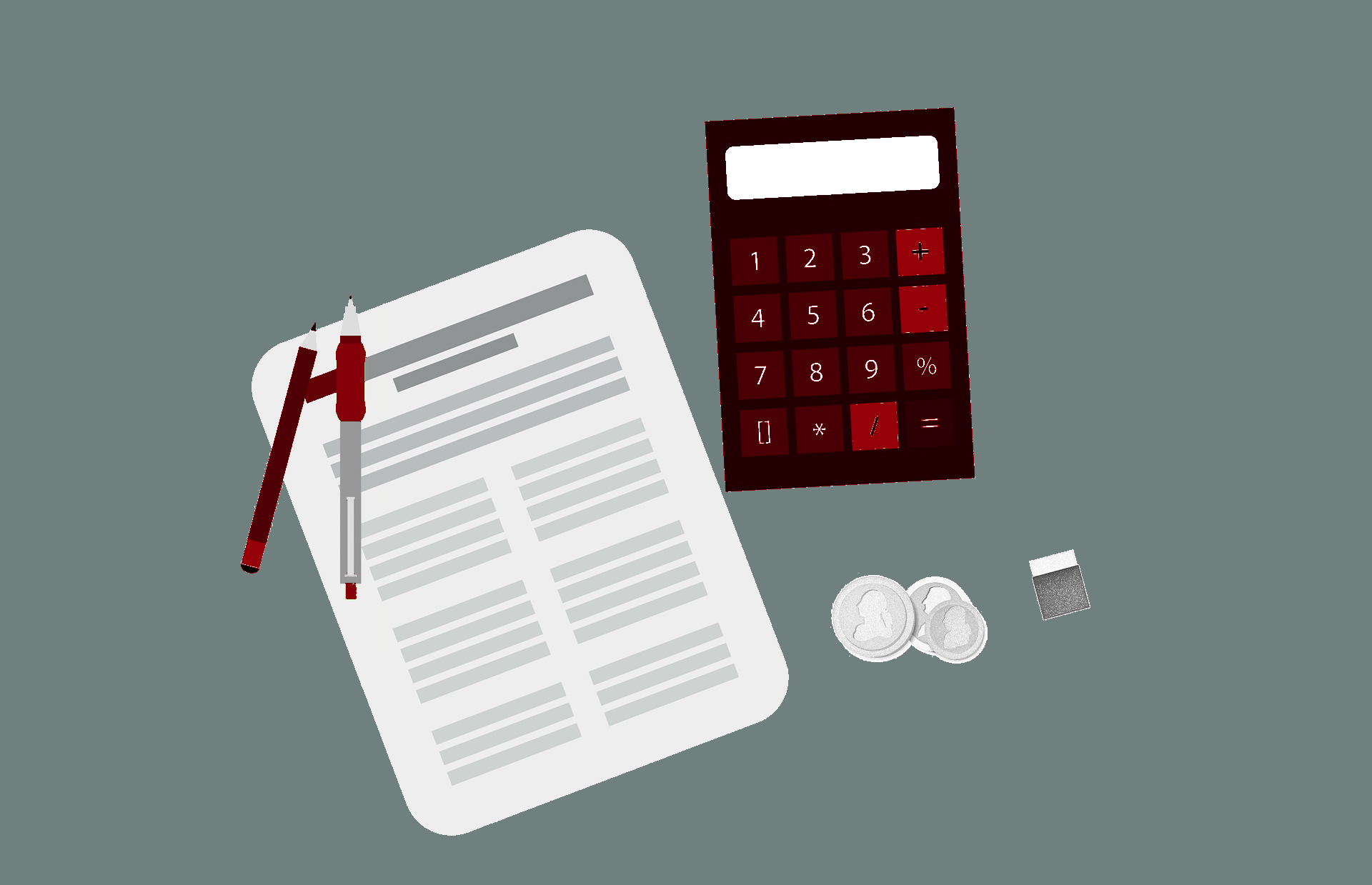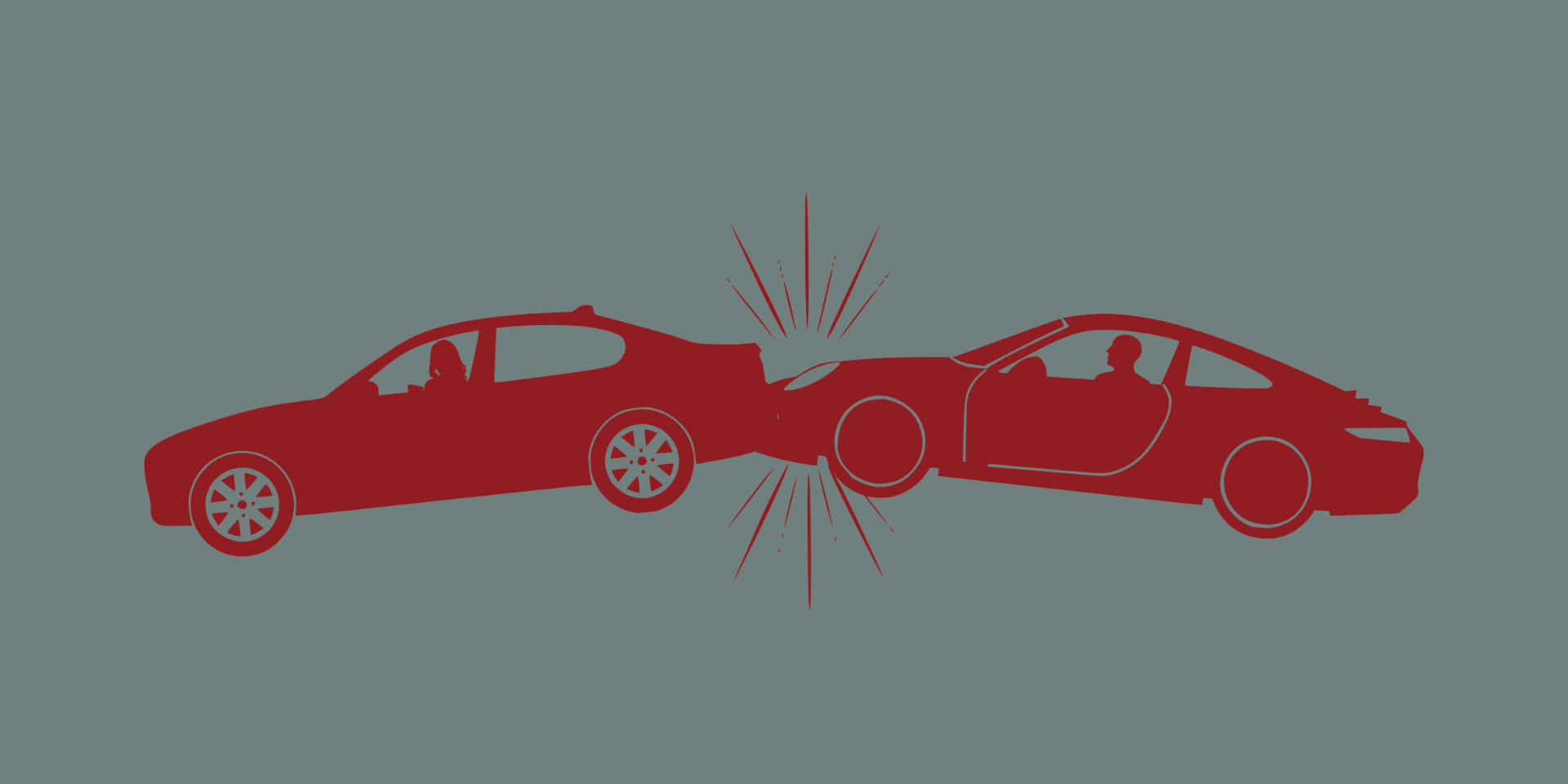Do I have to pay the homeowner association fee (“Hausgeld”) per month or per year?
Everyone who owns a house, apartment, or other real estate property in Germany has to pay a fee to the homeowner association on a regular basis. This fee is to cover for the ongoing expenses that are incurred for the property, such as maintenance and upkeep costs, insurance, cleaning costs, etc.
The amount of money varies depending on the property and the residential area. But how and when do you have to pay this homeowner association fee, and how is it composed? That's exactly what this blog post is about.
Do owners have to pay the homeowner
association fee per month or per year?
In most
cases, as a real estate owner, you will have to pay the homeowner association
fee on a monthly basis. Often, the entire year's worth of the fee would officially
be due at the beginning of the year, but in almost all cases, the payment is deferred
and split over the 12 months of the year. This means you pay a fraction of the
total amount each month.
This of
course has a lot of benefits for you as a homeowner, especially that you can
better fit the payment into your monthly budget, and don't have to pay it all
at once.
How is the house payment
calculated?
Each year,
a plan is drafted from which the homeowner association fee is derived. This
plan is based on the planned costs for the current year. The costs are
allocated to the individual parties depending on how many square meters of
living space each one has. This then results in the monthly charge, which each
owner has to pay.
What costs are included in
the house charge?
You are
wondering what costs are included in the house money? Well, roughly speaking,
the homeowner association fee includes all costs incurred for the maintenance
and operation of the house.
In addition
to the costs for cleaning, maintenance and the upkeep of the building, for
example, the costs for the (communal) water and electricity bills as well as
the costs for insurance are also included in the homeowner association fee. Also,
the costs for administration are also included in the fees.
It's
important to note that only the costs that are incurred outside of your
apartment are included in those fees. For example, if you heat with an individual
gas heating system just for your apartment, those costs are not included in the
homeowner association fees, but you have to budget for these costs yourself, and they come on top of the normal fee.
Neither are
the costs for the maintenance of your apartment or the costs for the
electricity within your individual apartment included in the homeowner
association fee.
Can I pass on the homeowner
association fee to my tenant?
Are you wondering
if you can pass on the house money to your tenant? The answer is "yes, but”....
There is an
apportionable part and a non-apportionable part of the fees. Only the
apportionable part can be passed on to the tenant.
The
non-apportionable part must be borne by you, the landlord, and you must earn
that money through the normal rent.
But what is
the difference between these two parts?
The
apportionable part is the part of the homeowner association fee that is used
for the general costs of the house, such as cleaning the common area, garden
maintenance or the electricity supply in the stairwell.
The
non-apportionable part is the part of the homeowner association fee that cannot
be passed on to the tenant via the Operating Costs Ordinance (“Betriebskostenverordnung”).
This mainly includes the costs of maintaining and modernizing the building.
The precise
definition of which costs can be passed on to the tenant and which costs cannot
be passed on to the tenant are fixed in the “Betriebskostenverordnung”.
Conclusion
You have to
pay the homeowner association fee for a condominium on a monthly basis. The fee
is therefore a monthly cost and therefore an important part in the cashflow
consideration of a property, which you must consider in your monthly costs for
the property.
Since you
can pass on a part of the fee to the tenants, you should definitely account for
this when you do the cashflow calculation of a property as an investment.
Since the
heating costs may also include consumption-dependent costs caused by your
tenant, it is possible that you will have to pay an additional homeowner
association fee at the end of the year, because your tenant ran up higher costs
than initially planned. Therefore, you should make sure that you have a
sufficiently large buffer so that you can bridge such additional payments
without any problems.



Comments
Post a Comment